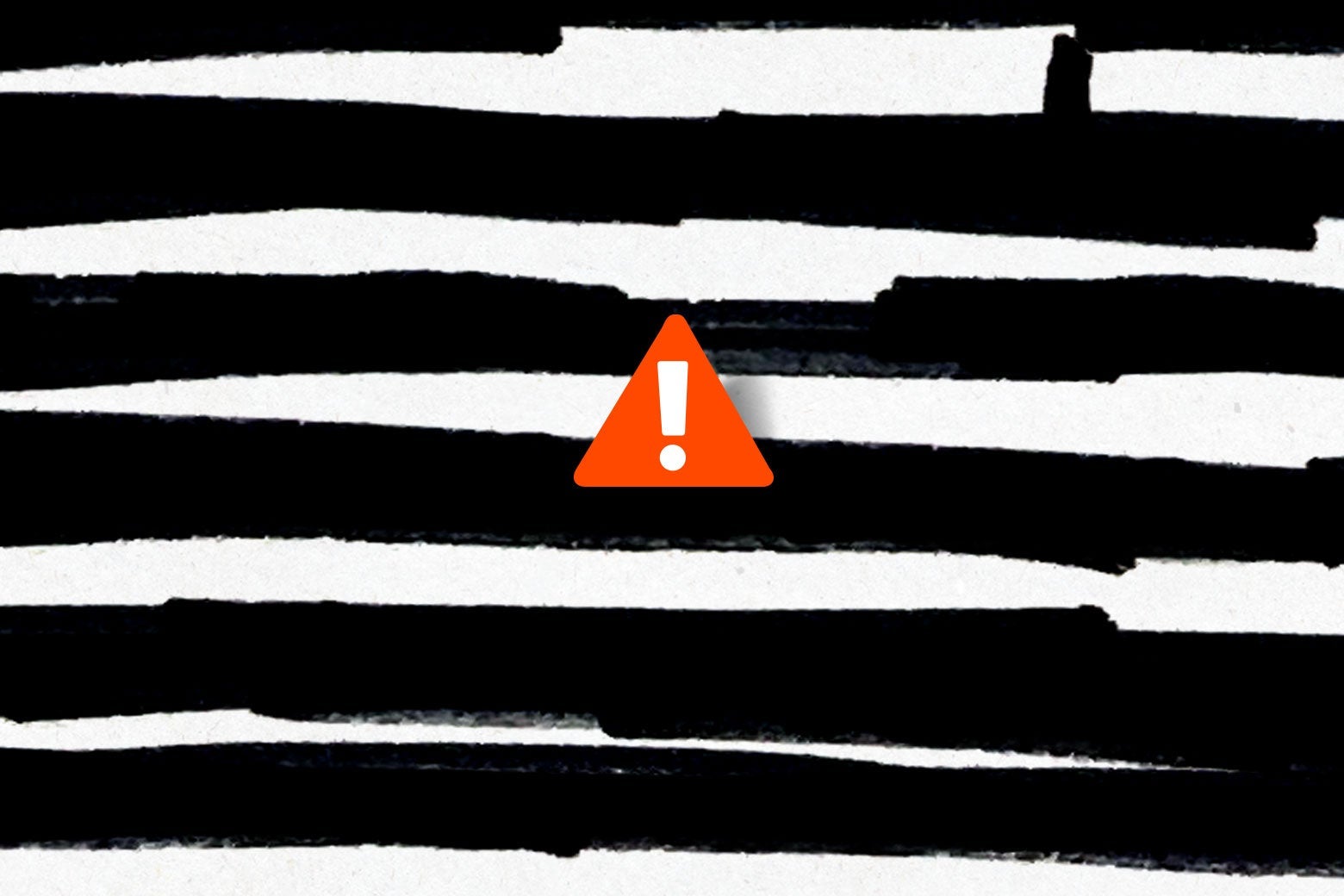- Joined
- Feb 10, 2008
- Messages
- 7,563
- Reaction score
- 6,768

The Latest Study on Trigger Warnings Finally Convinced Me They’re Not Worth It
That doesn’t mean people’s requests to be treated with care can’t be heeded.
I'm seeing a lot of discussions about this article on social media. Many people, for instance, are upset and feel the study is not valid because it did not provide the option to avoid the material. I'd love to hear thoughts from fellow psychology people, especially trauma folks.
Btw, the actual preprint of the paper can be found here - https://osf.io/axn6z/
